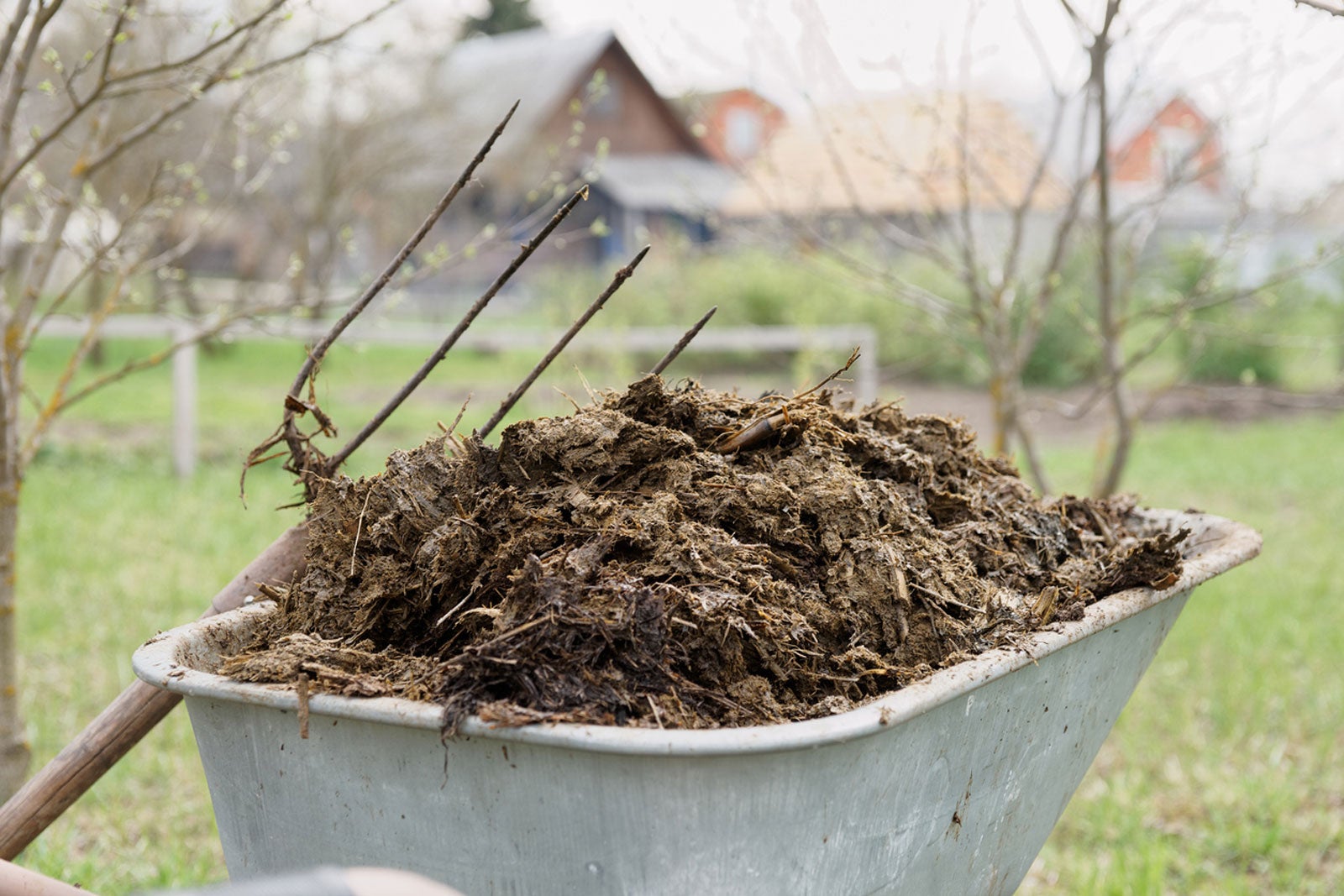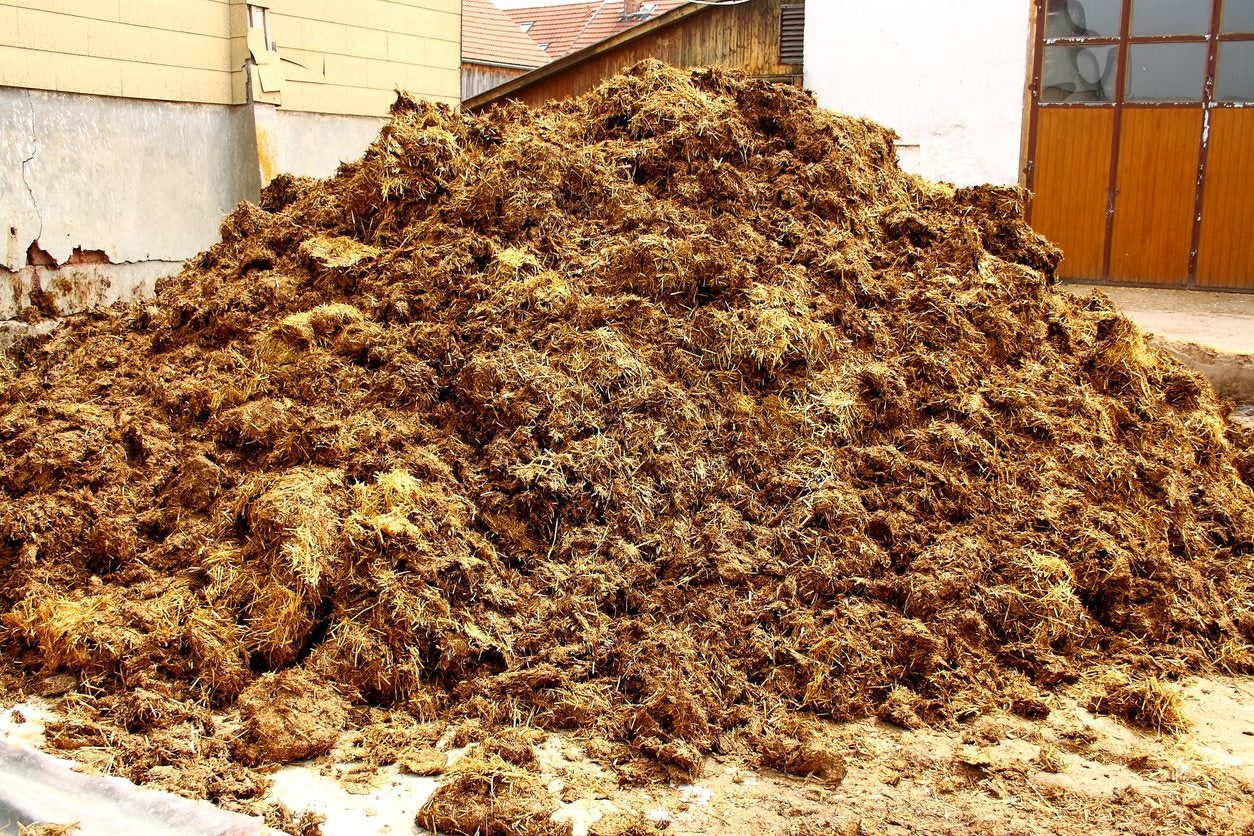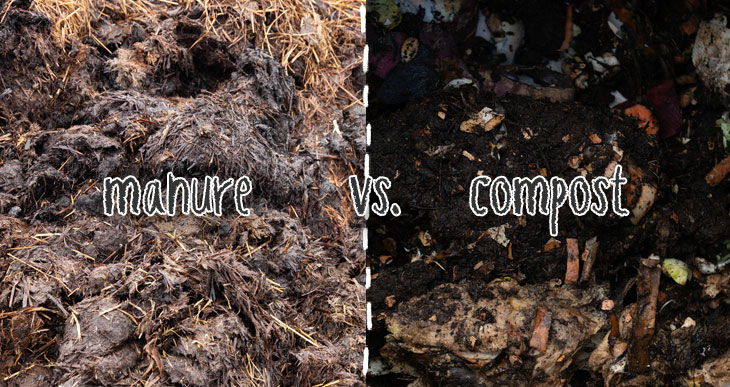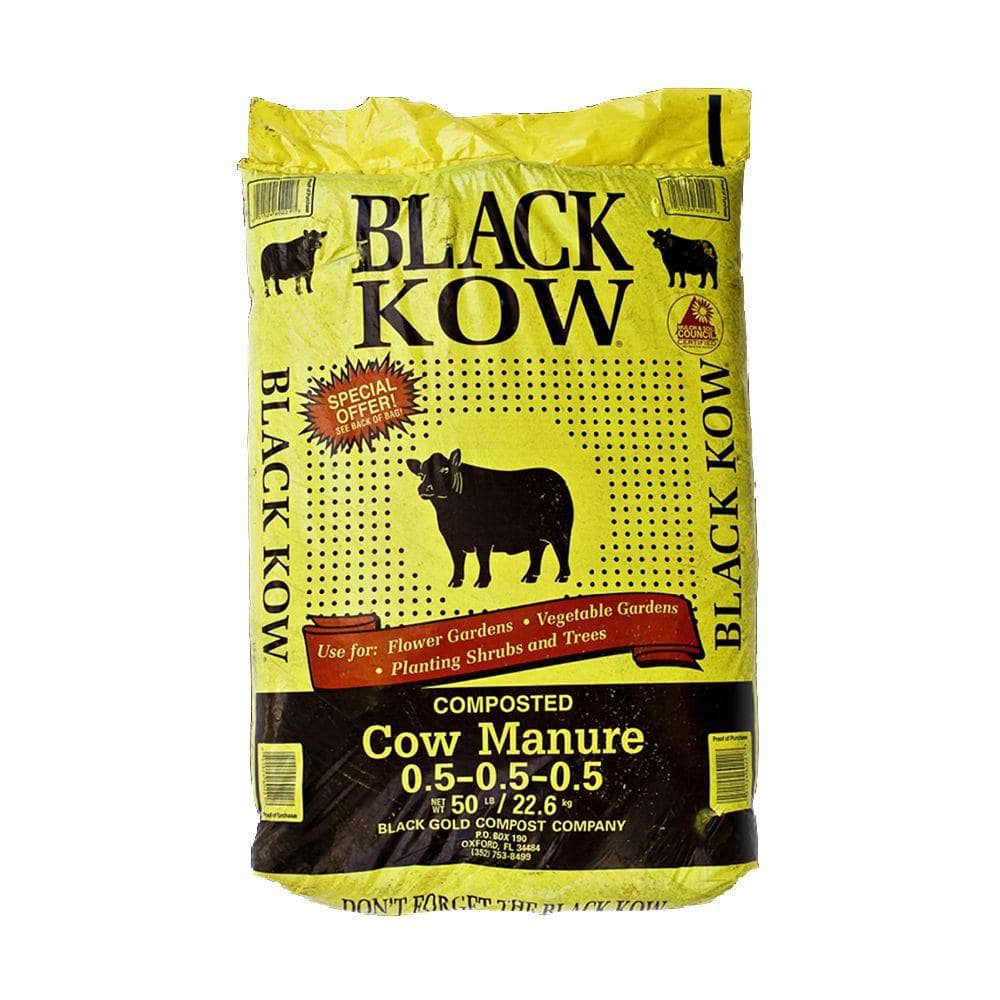The Power of Composting: Unlocking Soil Potential
Composting is a crucial aspect of vegetable gardening, as it enables gardeners to create a nutrient-rich soil amendment that promotes healthy plant growth, improves soil structure, and supports environmental sustainability. By harnessing the power of composting, gardeners can reduce their reliance on synthetic fertilizers, minimize waste, and create a thriving ecosystem that benefits both plants and the environment. One of the most effective composting materials for vegetable gardens is cow manure compost, which offers a unique combination of nutrients, improved soil structure, and natural pest control properties. When used correctly, cow manure compost for vegetable garden can have a transformative impact on soil health, plant growth, and overall garden productivity. In this article, we’ll delve into the benefits and best practices of using cow manure compost in vegetable gardens, and explore the innovative ways it can be used to create a thriving and sustainable garden ecosystem.
Why Cow Manure Compost Stands Out from the Rest
Cow manure compost stands out as a superior choice for vegetable gardens due to its exceptional nutrient content, improved soil structure, and natural pest control properties. This organic fertilizer is rich in essential macronutrients such as nitrogen, phosphorus, and potassium, as well as micronutrients like calcium, magnesium, and sulfur. These nutrients are slowly released into the soil, providing a sustained supply of nourishment for vegetable plants. Additionally, cow manure compost has a unique ability to improve soil structure, increasing its water-holding capacity, aeration, and overall fertility. This, in turn, supports beneficial microbial activity, which is essential for a healthy and thriving soil ecosystem. Furthermore, cow manure compost has natural pest control properties, reducing the need for chemical pesticides and creating a more balanced and sustainable garden environment. When used in conjunction with other organic amendments, cow manure compost for vegetable garden can have a transformative impact on soil health, plant growth, and overall garden productivity.
How to Create Rich Cow Manure Compost for Your Vegetable Garden
Creating high-quality cow manure compost for your vegetable garden requires careful planning, attention to detail, and a bit of patience. To get started, collect cow manure from a local farm or pet store, making sure it’s free of contaminants and additives. Next, mix the manure with other organic materials like leaves, grass clippings, and vegetable scraps in a 2:1 ratio. Add some water to maintain a moist, but not soggy, consistency. The ideal carbon-to-nitrogen ratio for composting is 25:1, so be sure to balance your mix accordingly. Once you’ve assembled your compost pile, monitor its temperature, which should reach 130°F to 140°F within a few days. Turn the pile every 7-10 days to ensure oxygen flow and speed up decomposition. After 2-3 months, your cow manure compost should be ready to use, rich in nutrients and beneficial microorganisms. When applied to your vegetable garden, this compost will provide a slow release of nutrients, improve soil structure, and support healthy plant growth. By following these simple steps, you can create a valuable resource for your garden, and reap the benefits of using cow manure compost for vegetable garden.
The Science Behind Cow Manure Compost’s Nutrient-Rich Profile
Cow manure compost is renowned for its exceptional nutrient content, which makes it an ideal fertilizer for vegetable gardens. The chemical composition of cow manure compost is characterized by a rich mix of macronutrients, including nitrogen (N), phosphorus (P), and potassium (K). These essential nutrients are vital for plant growth, with nitrogen promoting leaf development, phosphorus supporting root growth, and potassium enhancing overall plant health. Additionally, cow manure compost contains micronutrients like calcium, magnesium, and sulfur, which are crucial for plant metabolism and disease resistance. The nutrient-rich profile of cow manure compost is further enhanced by its ability to improve soil’s water-holding capacity and aeration. This is achieved through the formation of humus, a stable organic matter that increases soil’s water retention and allows for better root penetration. By using cow manure compost for vegetable garden, gardeners can create a nutrient-dense soil environment that supports healthy plant growth and maximizes yields. Furthermore, the slow release of nutrients from cow manure compost reduces the risk of over-fertilization, making it a more sustainable and environmentally friendly option compared to synthetic fertilizers.
Using Cow Manure Compost to Improve Soil Structure and Drainage
One of the most significant advantages of using cow manure compost for vegetable garden is its ability to improve soil’s physical properties. By incorporating cow manure compost into the soil, gardeners can enhance its structure, increase water infiltration, and reduce soil compaction. This is achieved through the formation of humus, a stable organic matter that improves soil’s aggregation and porosity. As a result, water can penetrate the soil more easily, reducing runoff and erosion. Additionally, cow manure compost supports beneficial microbial activity, which breaks down organic matter and releases nutrients for plant uptake. This creates a thriving soil ecosystem that promotes healthy plant growth and maximizes yields. Furthermore, the improved soil structure and drainage provided by cow manure compost can help to reduce soil-borne diseases and pests, reducing the need for chemical pesticides and fungicides. By using cow manure compost for vegetable garden, gardeners can create a resilient and sustainable soil environment that supports long-term soil health and fertility.
Cow Manure Compost vs. Synthetic Fertilizers: A Comparison
When it comes to fertilizing vegetable gardens, gardeners have a choice between using cow manure compost and synthetic fertilizers. While both options can provide essential nutrients for plant growth, they have distinct differences in terms of their environmental and health implications. Cow manure compost, a natural and organic fertilizer, offers a sustainable and eco-friendly solution for vegetable gardeners. It is rich in nutrients, improves soil structure, and supports beneficial microbial activity. In contrast, synthetic fertilizers are manufactured using chemical processes and can have detrimental effects on the environment and human health. They can contaminate soil, water, and air, and have been linked to various health problems. Furthermore, synthetic fertilizers can lead to soil degradation, reducing its fertility and structure over time. In contrast, cow manure compost for vegetable garden promotes long-term soil health and fertility, making it a more sustainable and environmentally friendly option. Additionally, cow manure compost is a slow-release fertilizer, providing nutrients to plants as needed, whereas synthetic fertilizers can cause over-fertilization, leading to weakened plant growth and increased susceptibility to disease. By choosing cow manure compost for vegetable garden, gardeners can create a healthy and thriving soil ecosystem that supports plant growth, while also protecting the environment and human health.
Common Mistakes to Avoid When Using Cow Manure Compost
While cow manure compost is a valuable resource for vegetable gardeners, its improper use can lead to suboptimal results and even negative consequences. To get the most out of cow manure compost for vegetable garden, it’s essential to avoid common mistakes that can hinder its effectiveness. One of the most critical mistakes is over-application, which can lead to an overabundance of nutrients, causing more harm than good to plants. Another mistake is inadequate mixing, which can result in uneven nutrient distribution and reduced soil benefits. Contamination risks are also a concern, as cow manure compost can harbor pathogens if not properly handled and stored. Additionally, failing to monitor soil pH levels can lead to nutrient imbalances and reduced plant growth. To avoid these pitfalls, gardeners should follow proper application rates, mix cow manure compost thoroughly into the soil, and ensure proper handling and storage. By being aware of these common mistakes, gardeners can maximize the benefits of cow manure compost for vegetable garden and create a thriving and sustainable soil ecosystem.
Maximizing the Benefits of Cow Manure Compost in Your Vegetable Garden
To get the most out of cow manure compost for vegetable garden, it’s essential to understand the optimal application rates, timing, and integration with other organic amendments. One key strategy is to apply cow manure compost at the right time, typically during the planting season when vegetable plants are most receptive to nutrient uptake. Another approach is to mix cow manure compost with other organic amendments, such as leaf mold or green manure, to create a customized blend that meets the specific needs of your vegetable garden. Additionally, incorporating cow manure compost into your soil rotation plan can help to maintain soil fertility and structure over the long term. By adopting these strategies, gardeners can unlock the full potential of cow manure compost for vegetable garden and enjoy a bountiful harvest of healthy and thriving vegetables. Furthermore, using cow manure compost in conjunction with other sustainable gardening practices, such as crop rotation and mulching, can help to create a resilient and self-sustaining soil ecosystem. By maximizing the benefits of cow manure compost, gardeners can reduce their reliance on synthetic fertilizers and create a more environmentally friendly and sustainable vegetable garden.







